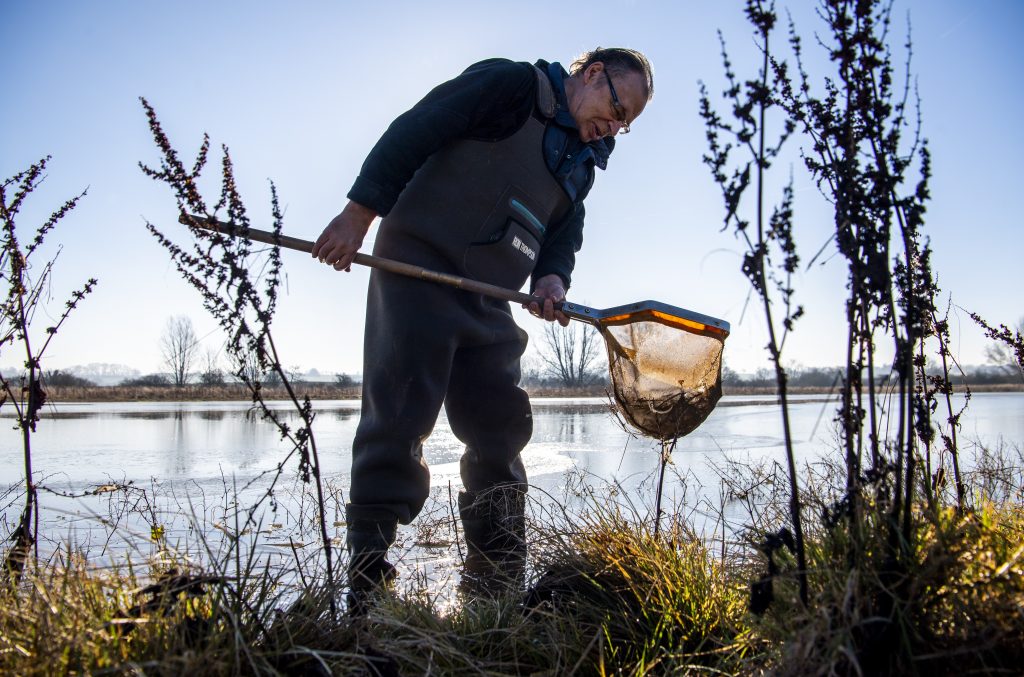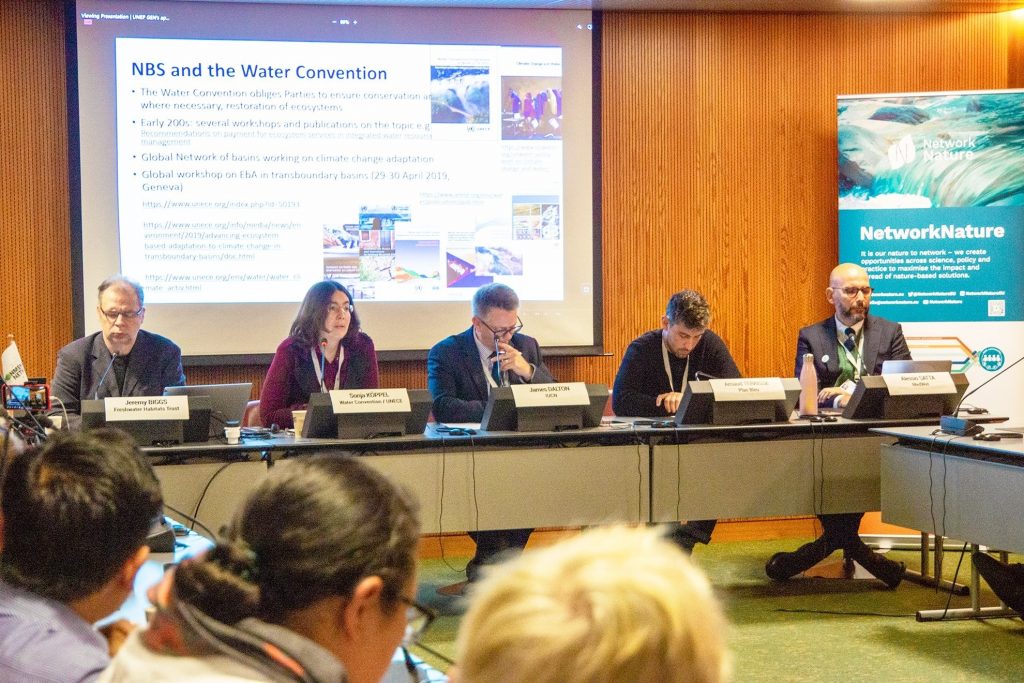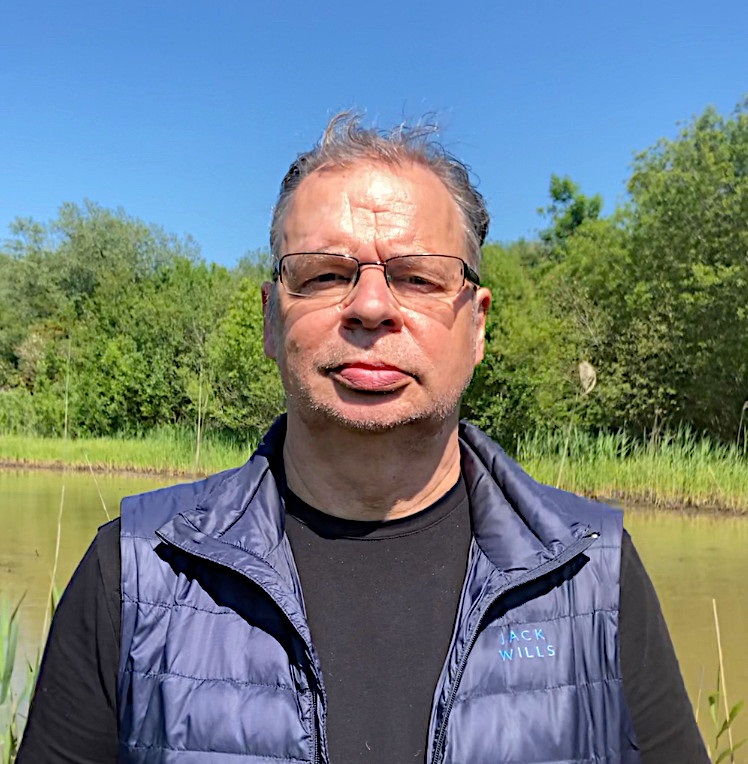I’m a freshwater biologist with a special interest in ponds and the patterns of freshwater biodiversity at landscape scale, in all kinds of freshwater habitats. I especially like freshwater invertebrates and it will make my day to see any of the following: Triops cancriformis, Triturus cristatus, Myxas glutinosa or Damasonium alisma!
I’ve had a long interest in practical monitoring programmes, the application of research results to freshwater policy, the role of small waters more generally and the practical conservation of freshwater biodiversity. I’ve dabbled in the development of eDNA testing and also helped to found the UK’s River Restoration Centre.

After completing both my degrees in Royal Holloway, University of London, I went to work in a small consultancy. Whilst at the consultancy I was one of three people who, in 1988, began planning and then set up a charity called Pond Conservation. This later became Freshwater Habitats Trust and we’re now a national wildlife conservation charity with an interest in all freshwater habitats but a particular focus on small waterbodies, especially ponds.
Because I’ve been involved with the development of Freshwater Habitats Trust since its very beginning, I’ve seen ideas we developed from the earliest days of our research turn into wider practical approaches to the management and understanding of freshwaters. I’ve also had partnership and advisory roles with many different kinds of institutions, which has given me a pretty wide experience of the water and conservation industries.

My main role in PONDERFUL is to guide Freshwater Habitats Trust’s work on the project, with a special emphasis on the promotion and dissemination of our results as lead for work package 5. I’m particularly interested in the policy applications of PONDERFUL results and in ensuring that our work brings the maximum practical benefits for ponds. Just at the moment, I’ve been paying particular attention to the Ramsar resolution on the conservation of small wetlands, and in supporting proposals to include small waters in the Nature Restoration Law.
PONDERFUL gives us a great opportunity to work closely with colleagues across the continent who we’ve known for many years, particularly through the European Pond Conservation Network (EPCN). It’s the first time we’ve been able to successfully get together a larger pan-European pond research programme. For us in the UK, it’s also great to be working closely with colleagues in the rest of Europe following the enforced isolation caused by Brexit, which has made cross border collaboration harder.
As we enter the later stages of the project, I’m looking forward to seeing all the results together from the big survey – especially the invertebrates. This will be an opportunity to share information to enhance our understanding of the factors influencing pond biodiversity across the continent. I’m especially interested in any patterns we see between eDNA biodiversity data, environmental data and traditional biological surveys.

